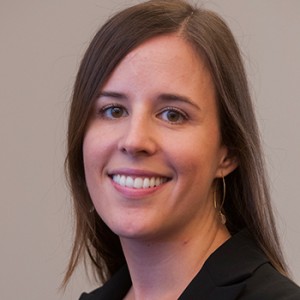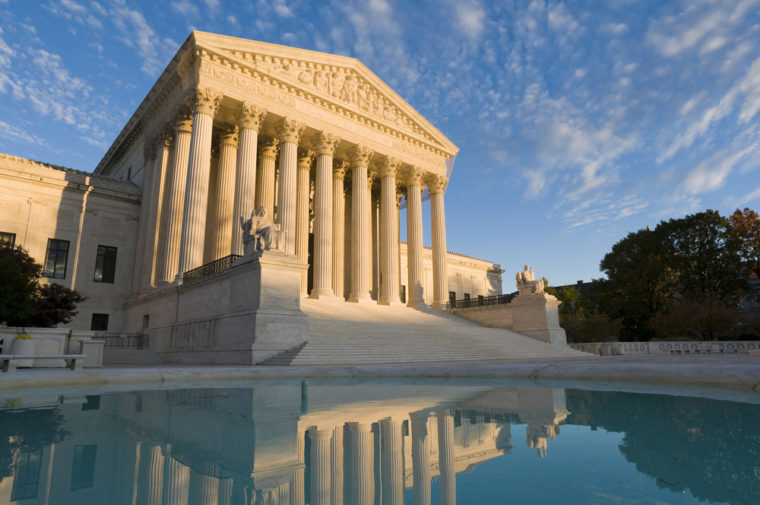On May 16, the U.S. Supreme Court sent the Zubik vs. Burwell case, a challenge to the Affordable Care Act’s contraceptive requirement for employers, back to the lower courts for further examination, leaving women employees and students at workplaces around the country in limbo, according to Elizabeth Sepper, associate professor of law and expert on health law at Washington University in St. Louis.

“Instead of punting in this ongoing battle against contraceptive coverage, the Supreme Court should have recognized that eight out of nine courts of appeals got the case right,” Sepper said.
“Religious accommodation does not substantially burden large, nonprofit employers; it excuses them from compliance,” she said.
At stake in Zubik vs. Burwell was whether employees of religiously affiliated organizations such as universities, hospitals and charities could be stripped of their rights to contraceptive coverage.
“The government has shown a tremendous degree of sensitivity and flexibility in accommodating religious concerns from employers,” Sepper said.
“But granting the exemption that these nonprofits seek would force employees to bear the costs of their bosses’ religious beliefs, even though they don’t share them. Imposing such burdens would violate the Establishment Clause of the First Amendment, which prohibits the government from shifting the costs of accommodating a religion from those who practice it to those who do not.”
